Greyhound
Showing all 5 results
iHeartDogs is Your #1 Source for Greyhound Lover Gifts – Greyhound Shirts, Greyhound Sweatshirts, Greyhound Mugs, Greyhound Jewelry, Greyhound Memorial Products & More!
Each Purchase Helps Provides Donated Food to Shelter Dogs!
Since 2013, iHeartDogs has supported rescues and shelters through each purchase in our Greyhound gifts store. Shop greyhound t-shirts for him, greyhound shirts for her, greyhound mugs, greyhound hoodies & sweaters, greyhound jewelry, and greyhound pet memorial gifts.
In our iHeartDogs Dog Health Supplements store, you’ll find Hip & joint supplements for your greyhound, greyhound probiotics, CBD for greyhounds, greyhound allergy supplements & fish oil, and greyhound dental chews & cleaners.
With the cost of veterinarian care skyrocketing, make sure you compare pet insurance plans for your greyhound. In recent years, many new pet insurance companies have entered the market and pet insurance for your greyhound has become more affordable.
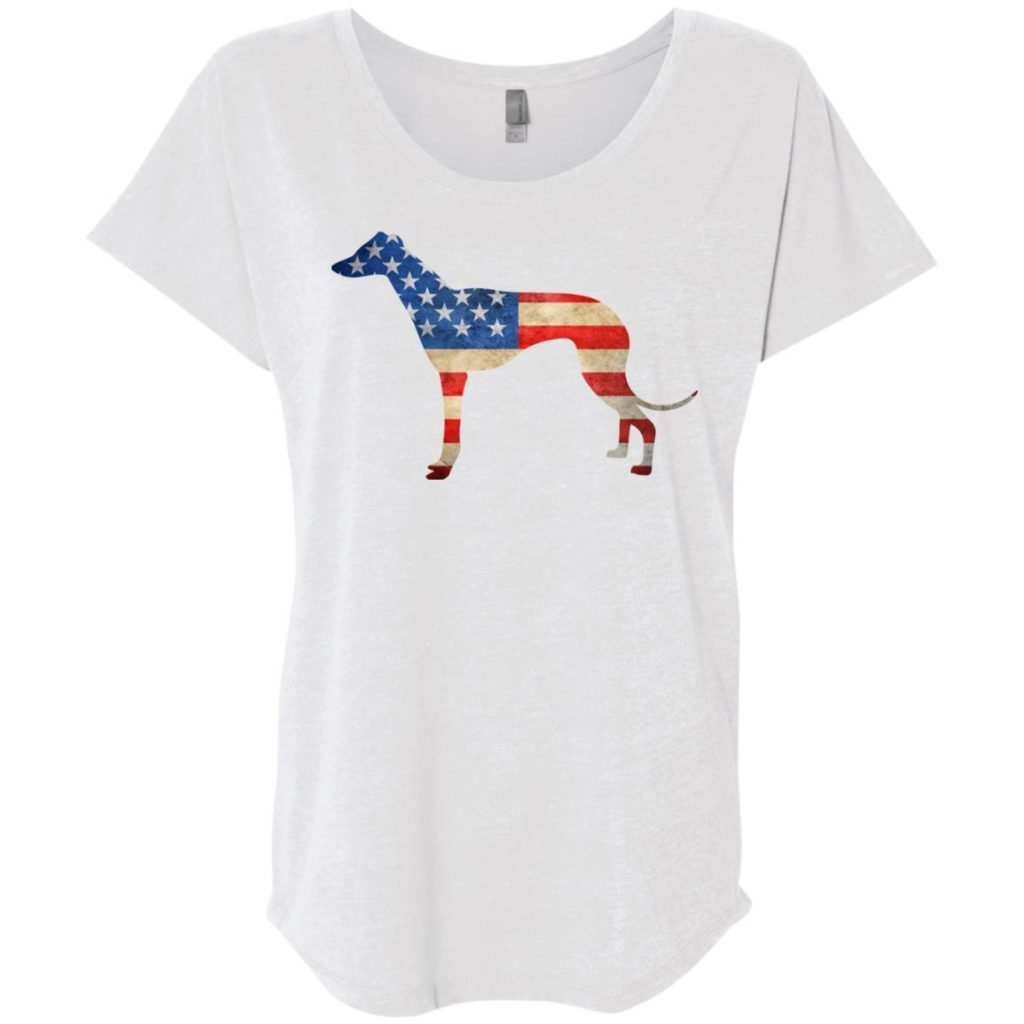
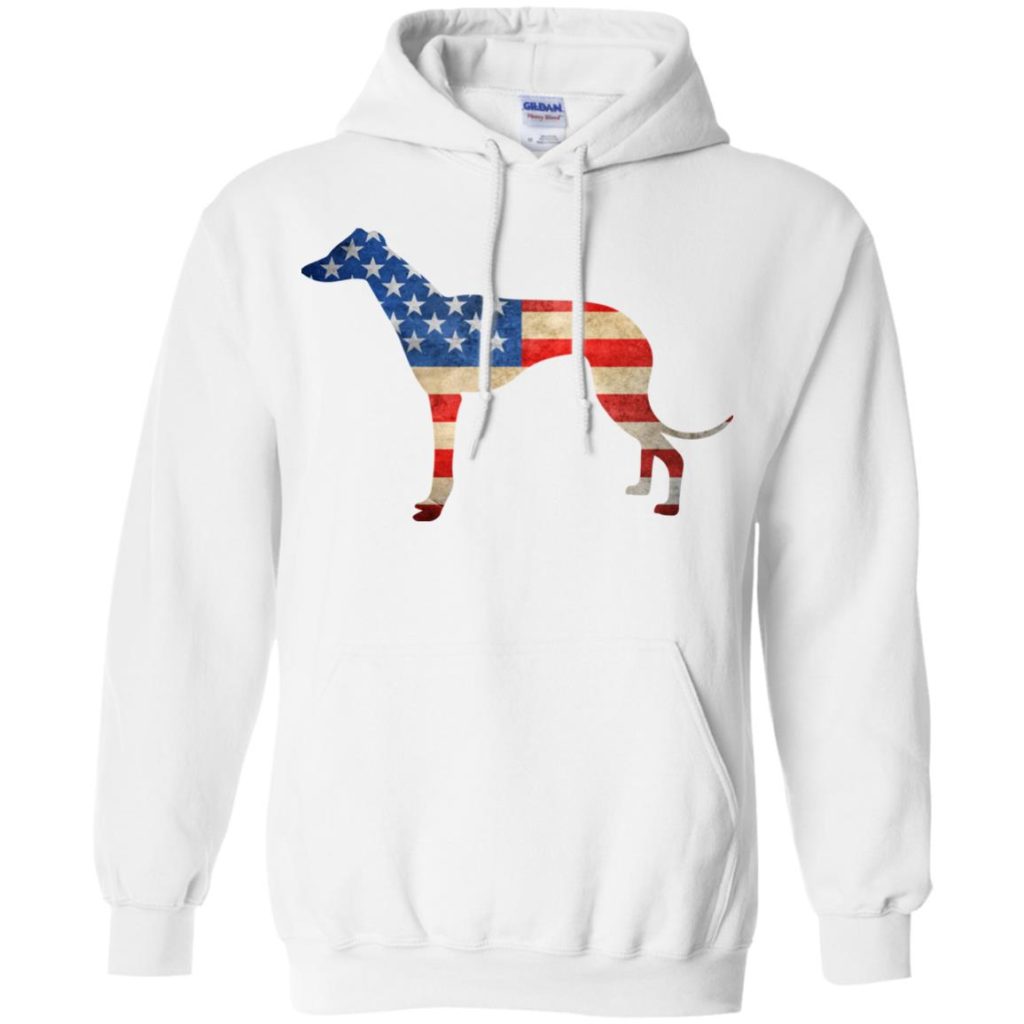
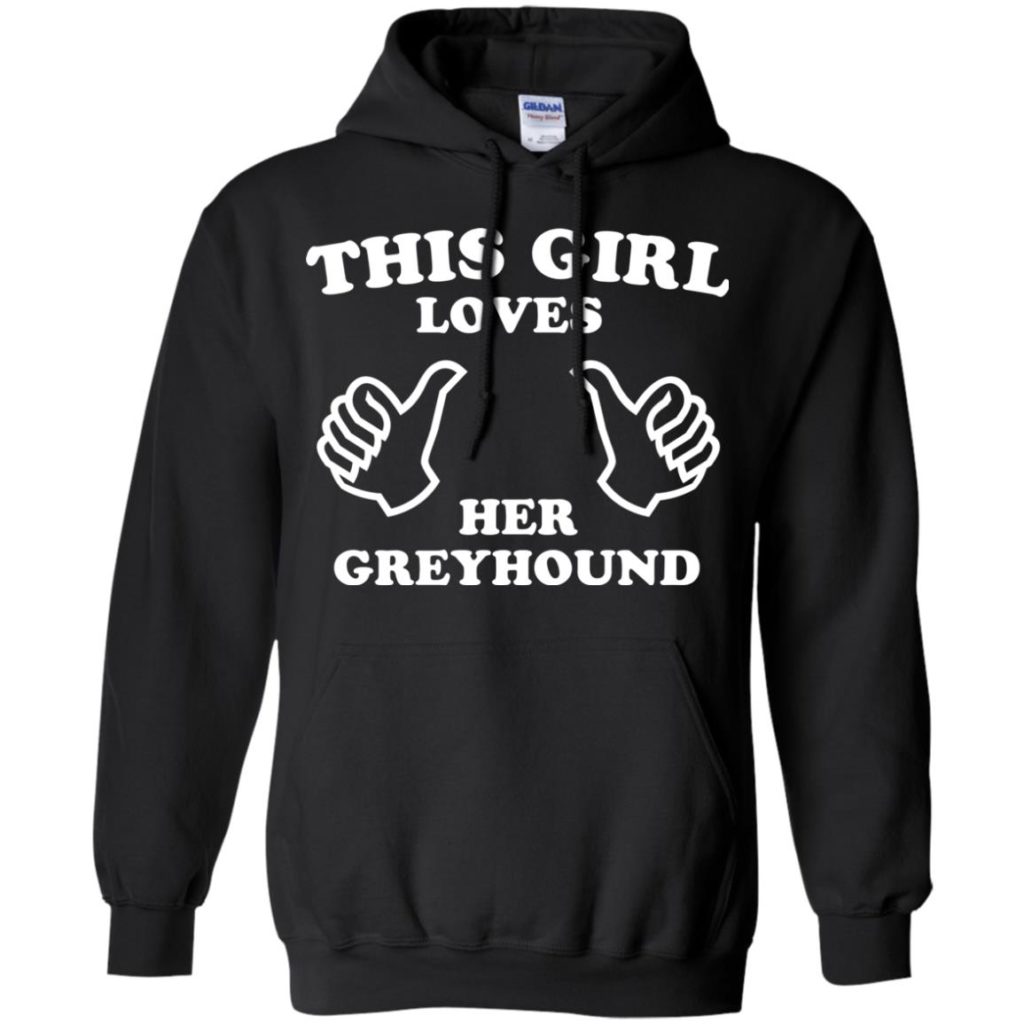
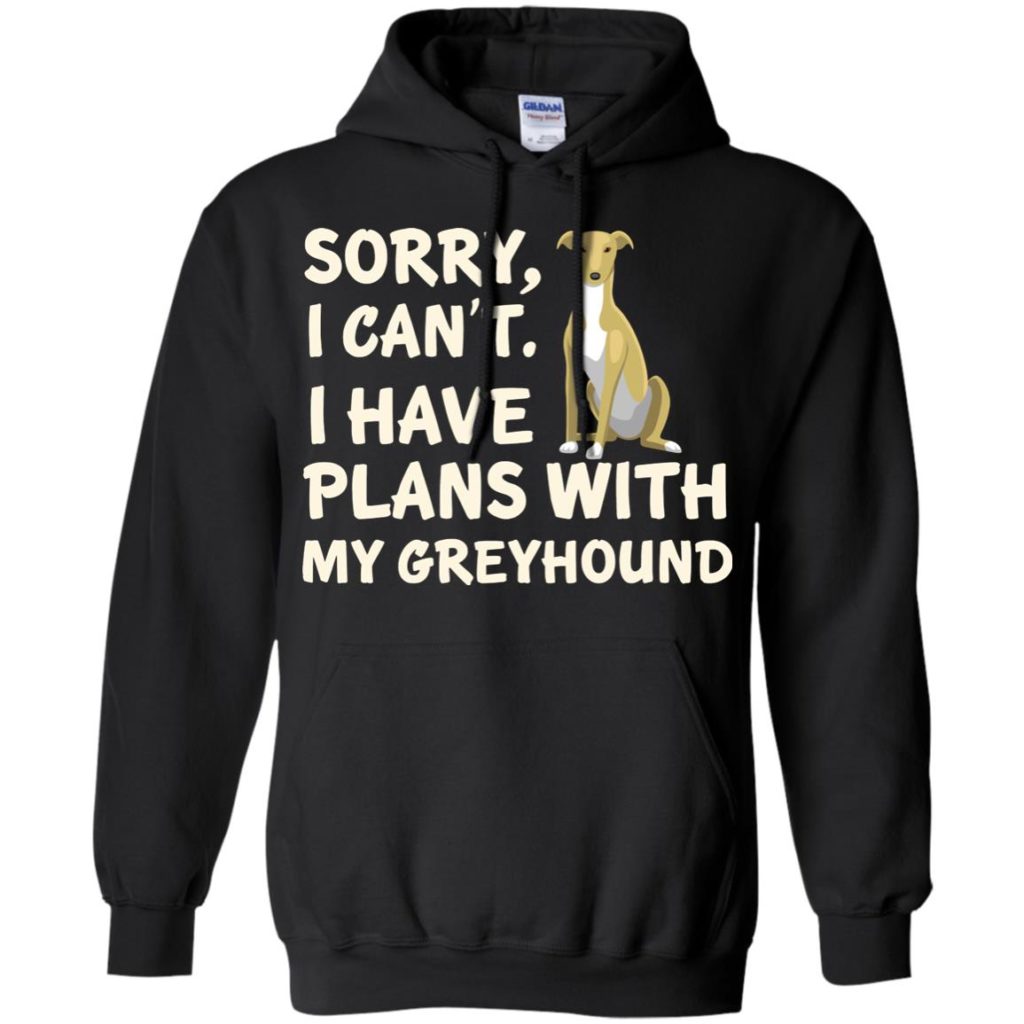
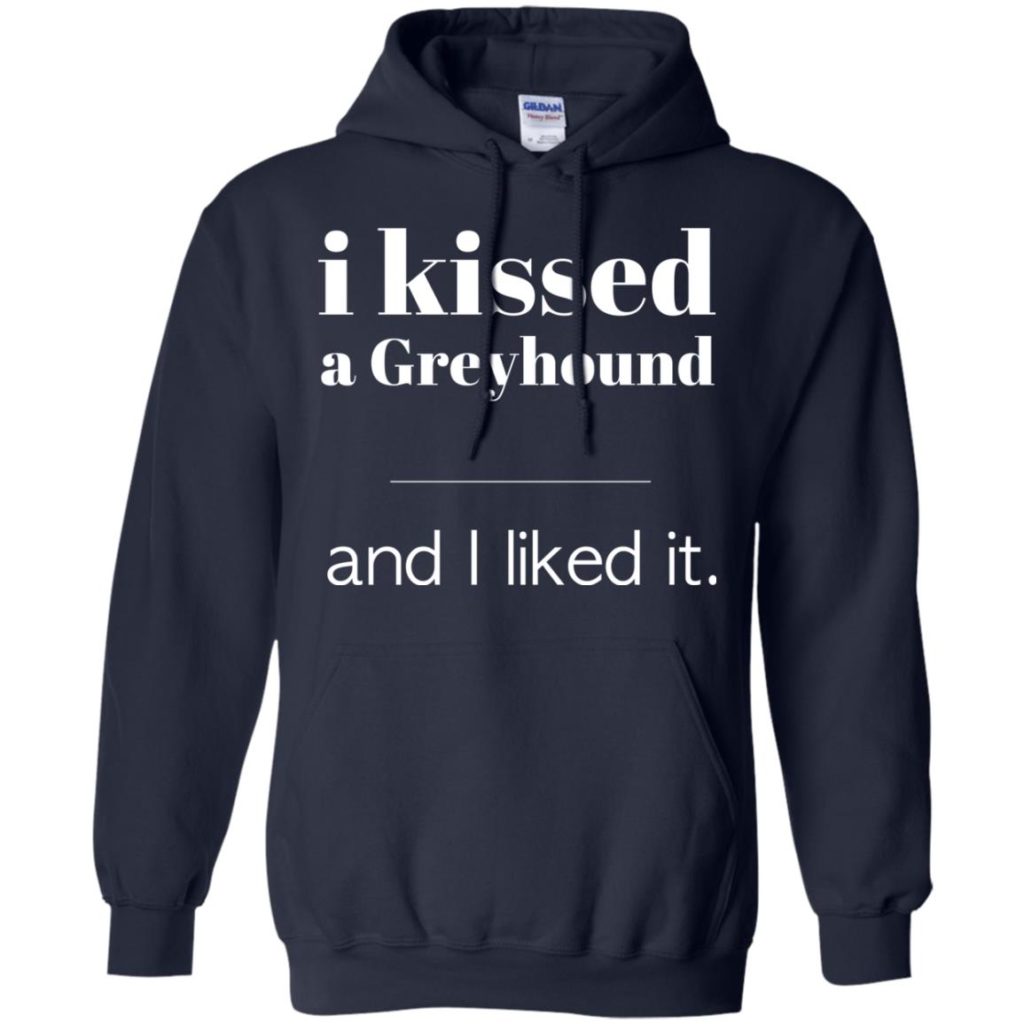

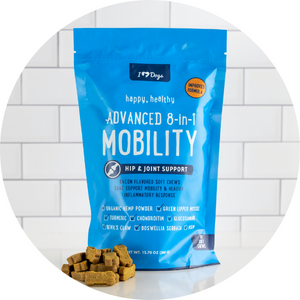
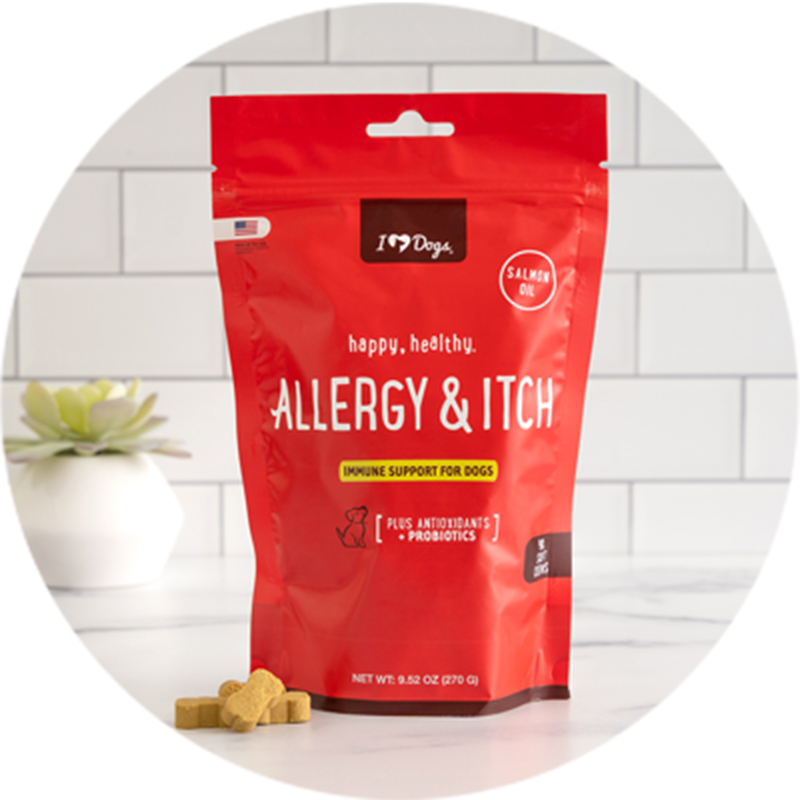
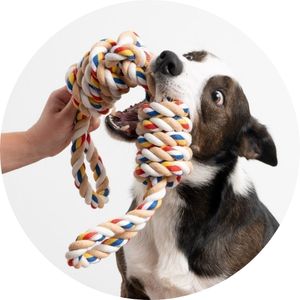
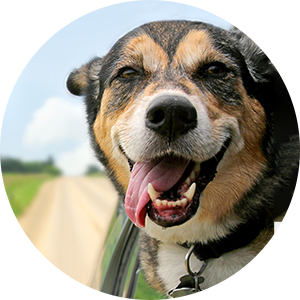
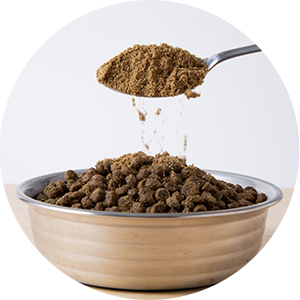
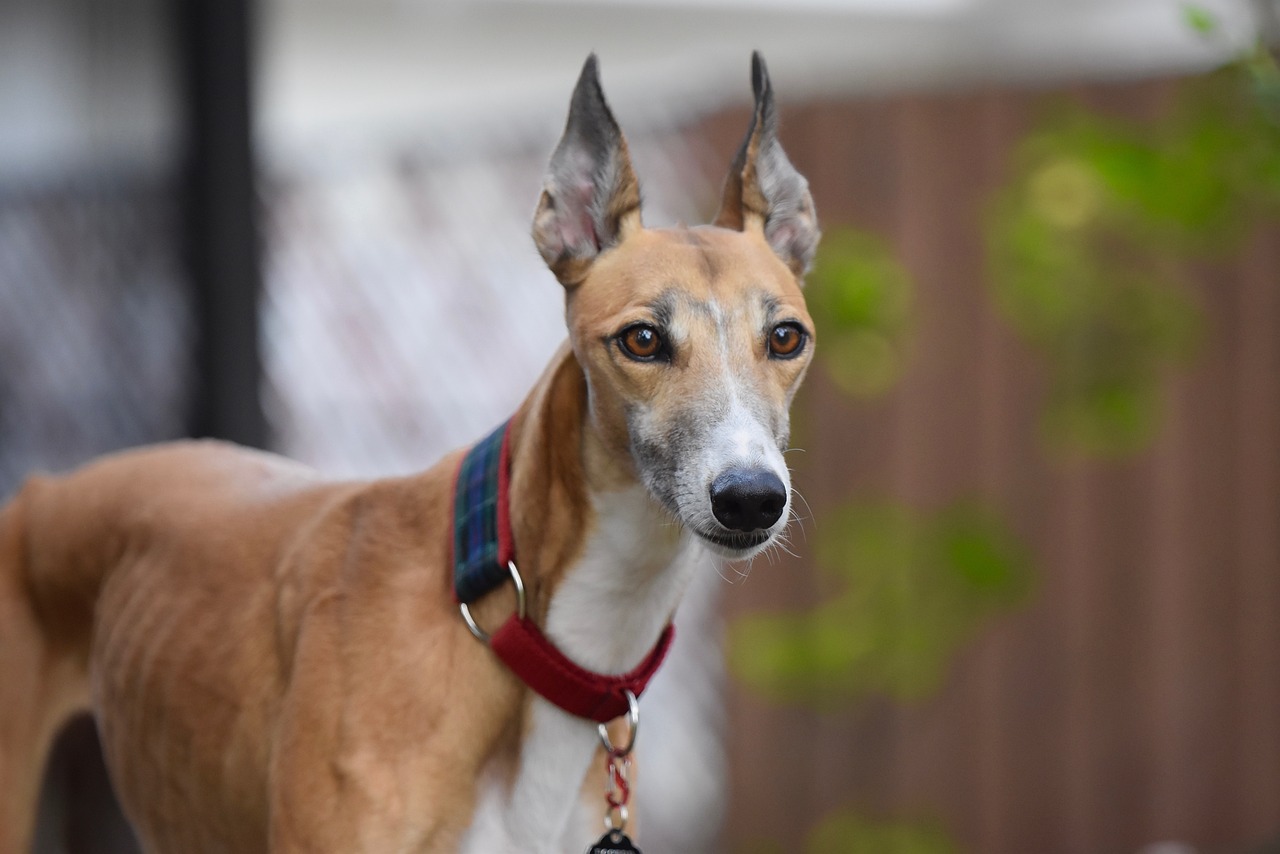

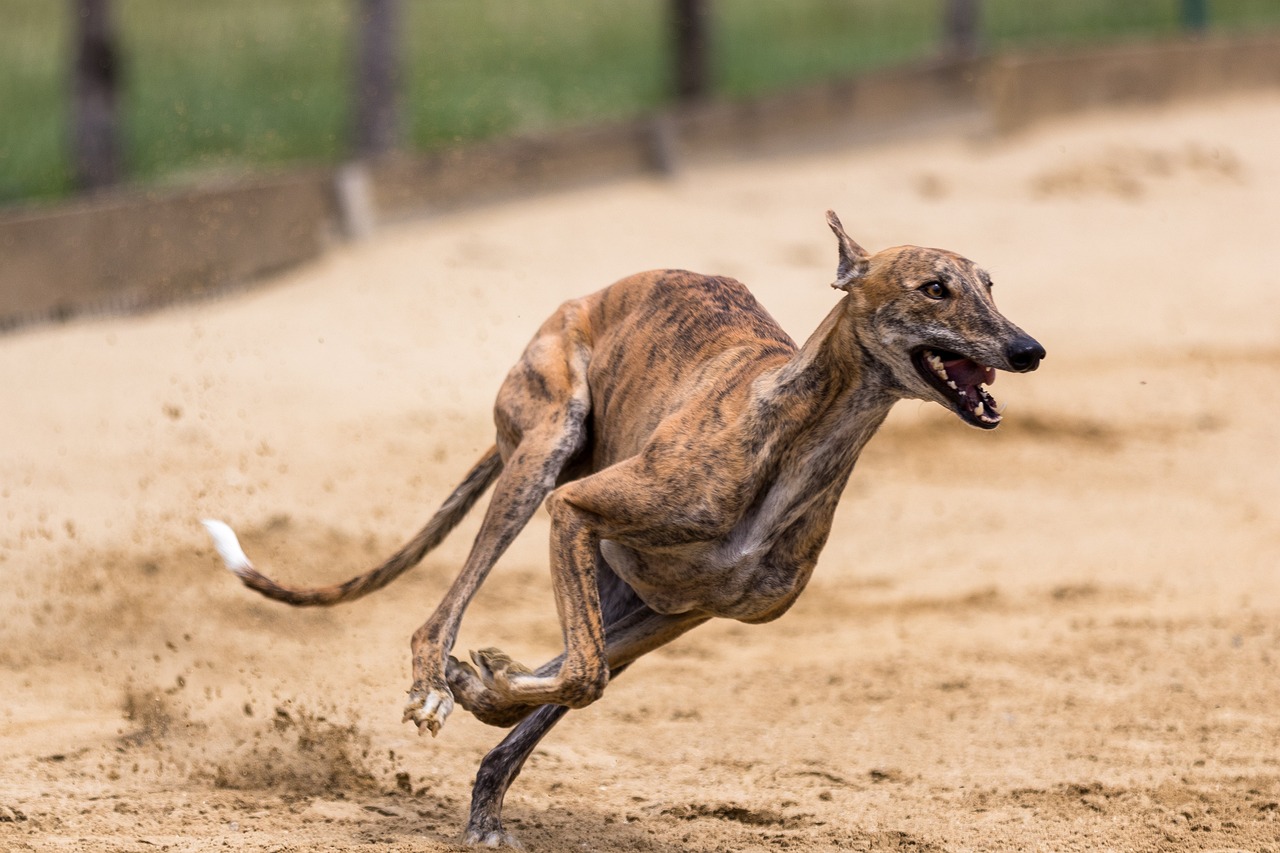
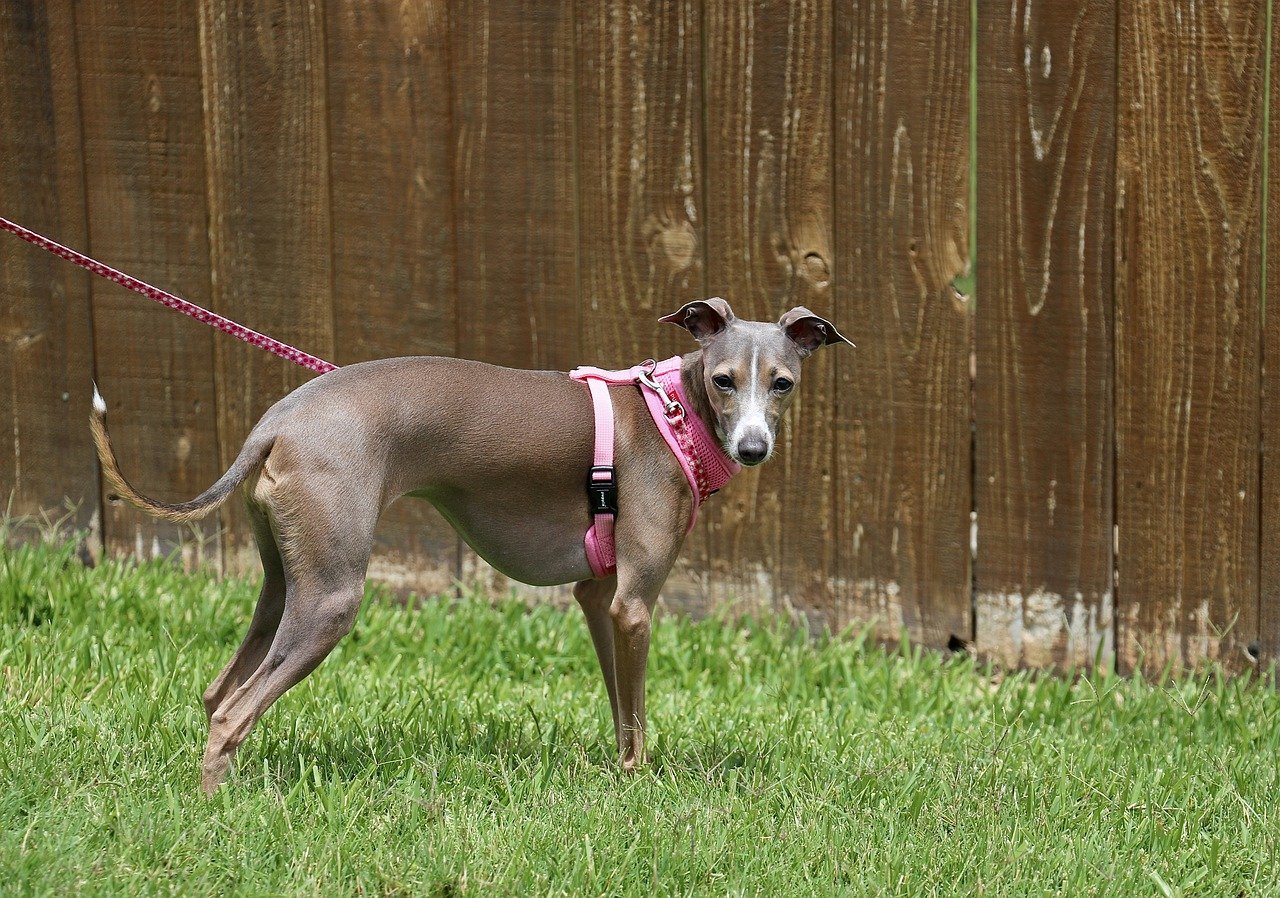
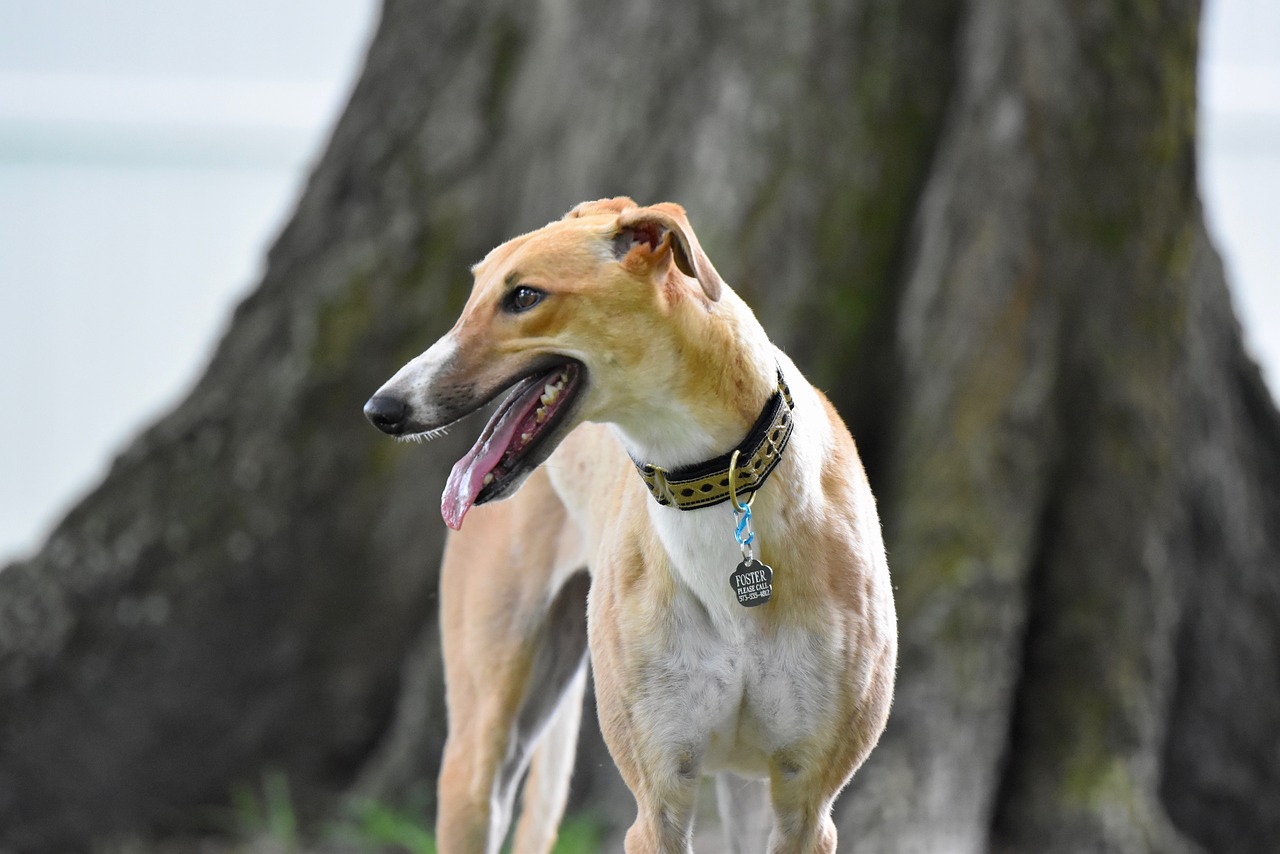
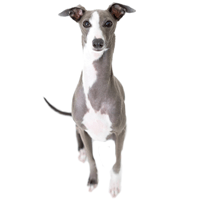

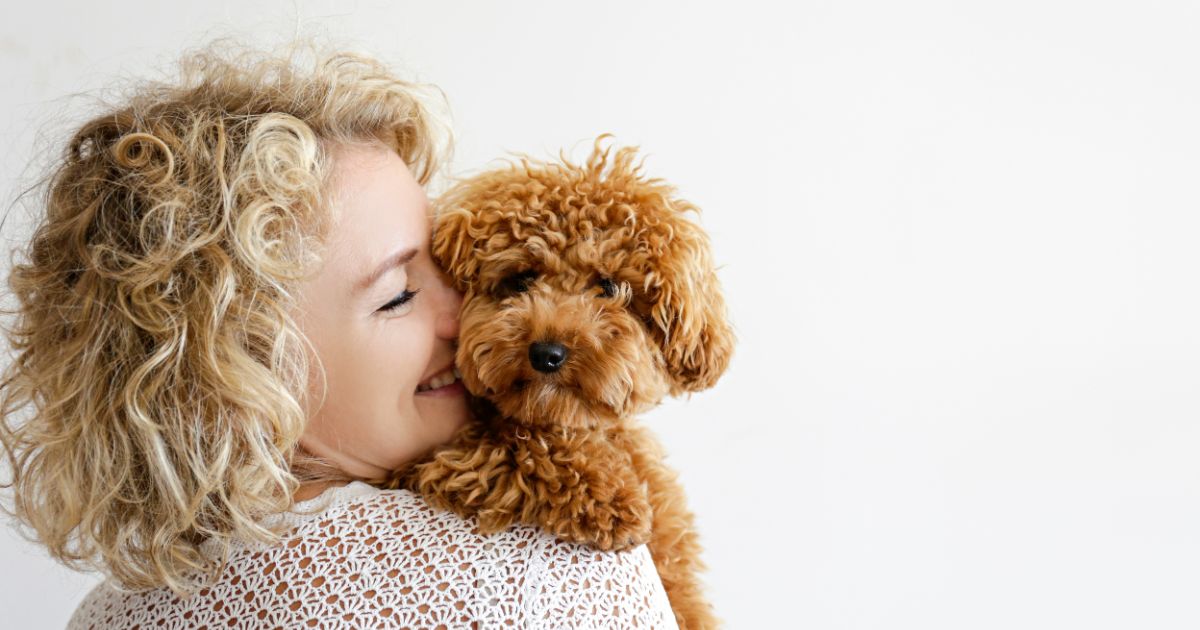
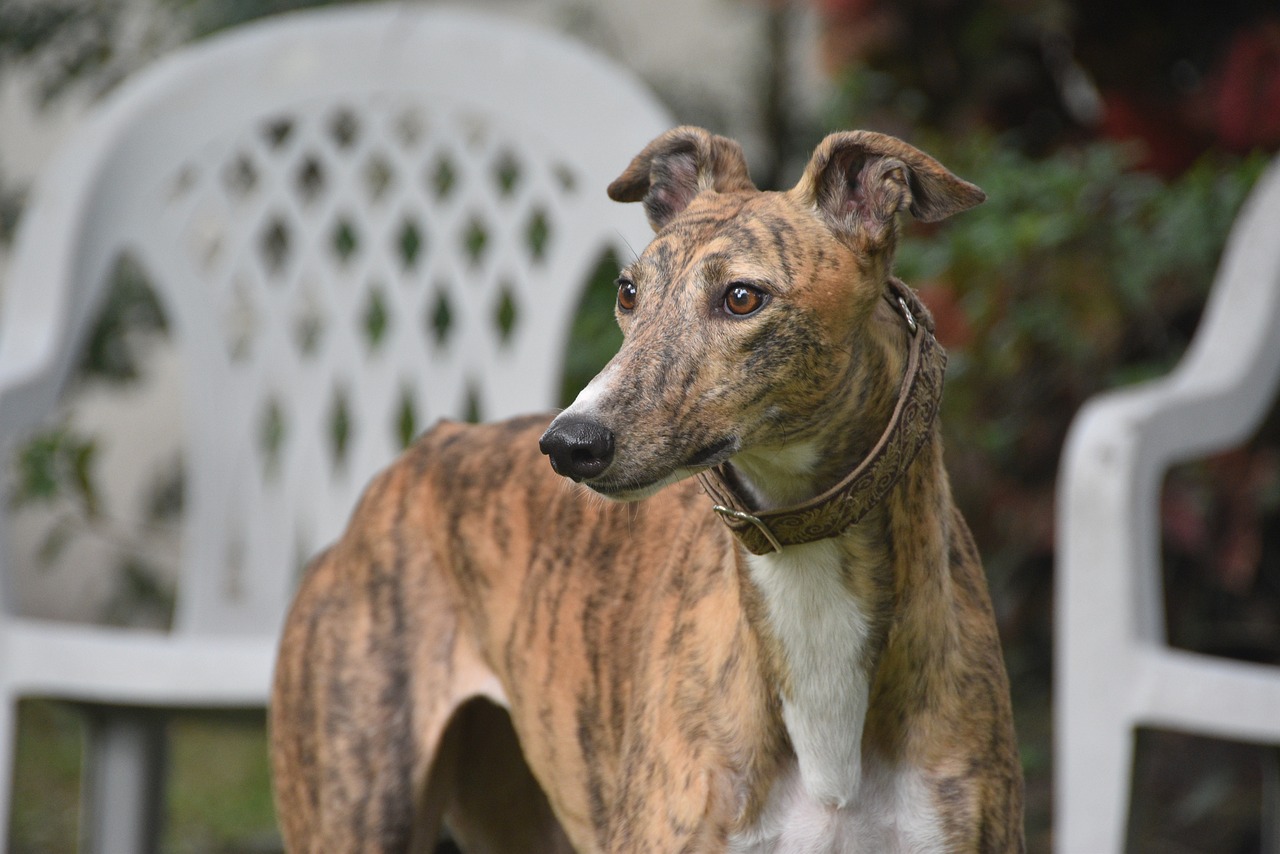
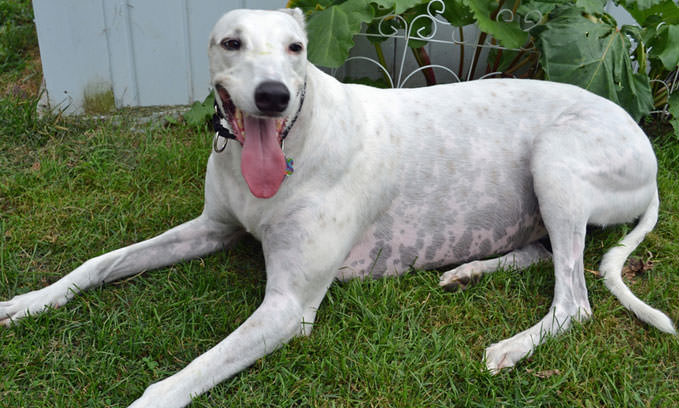
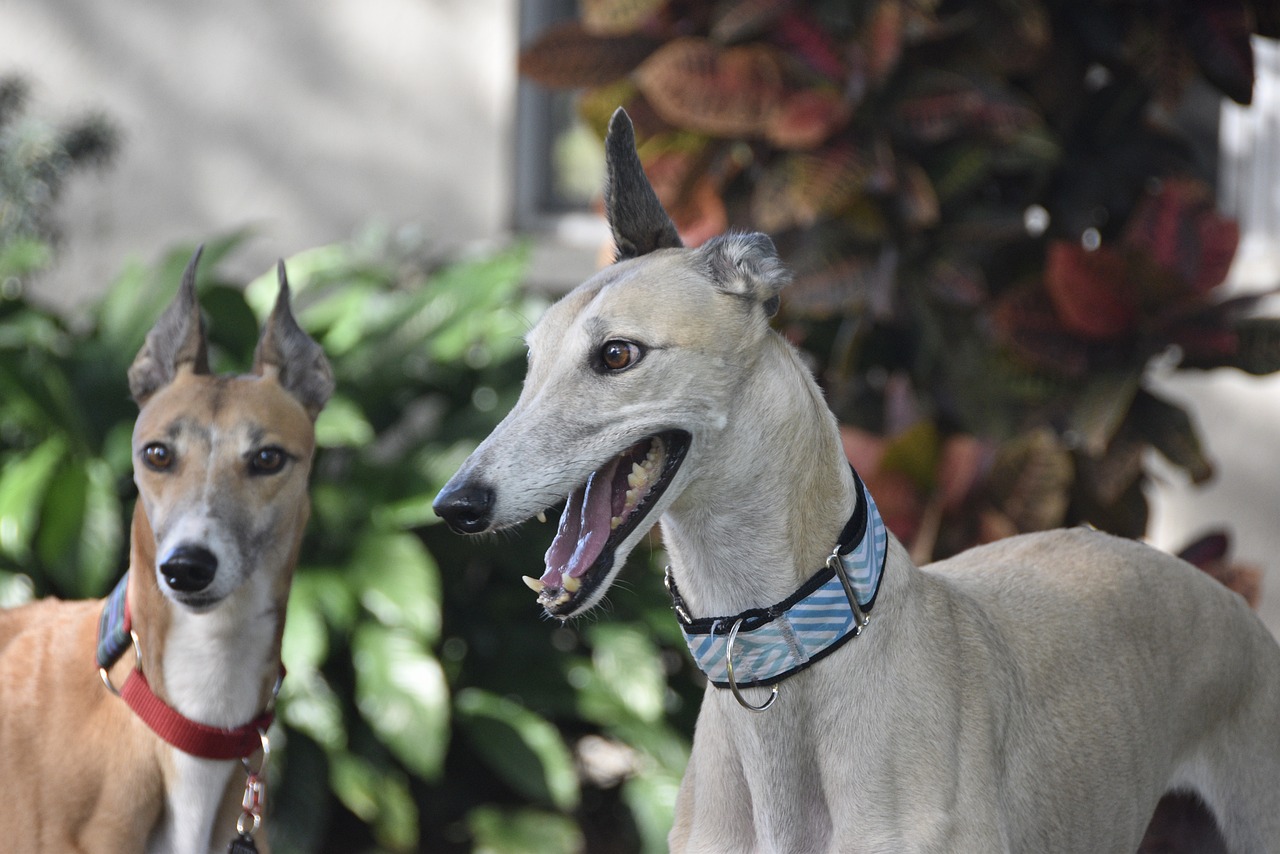
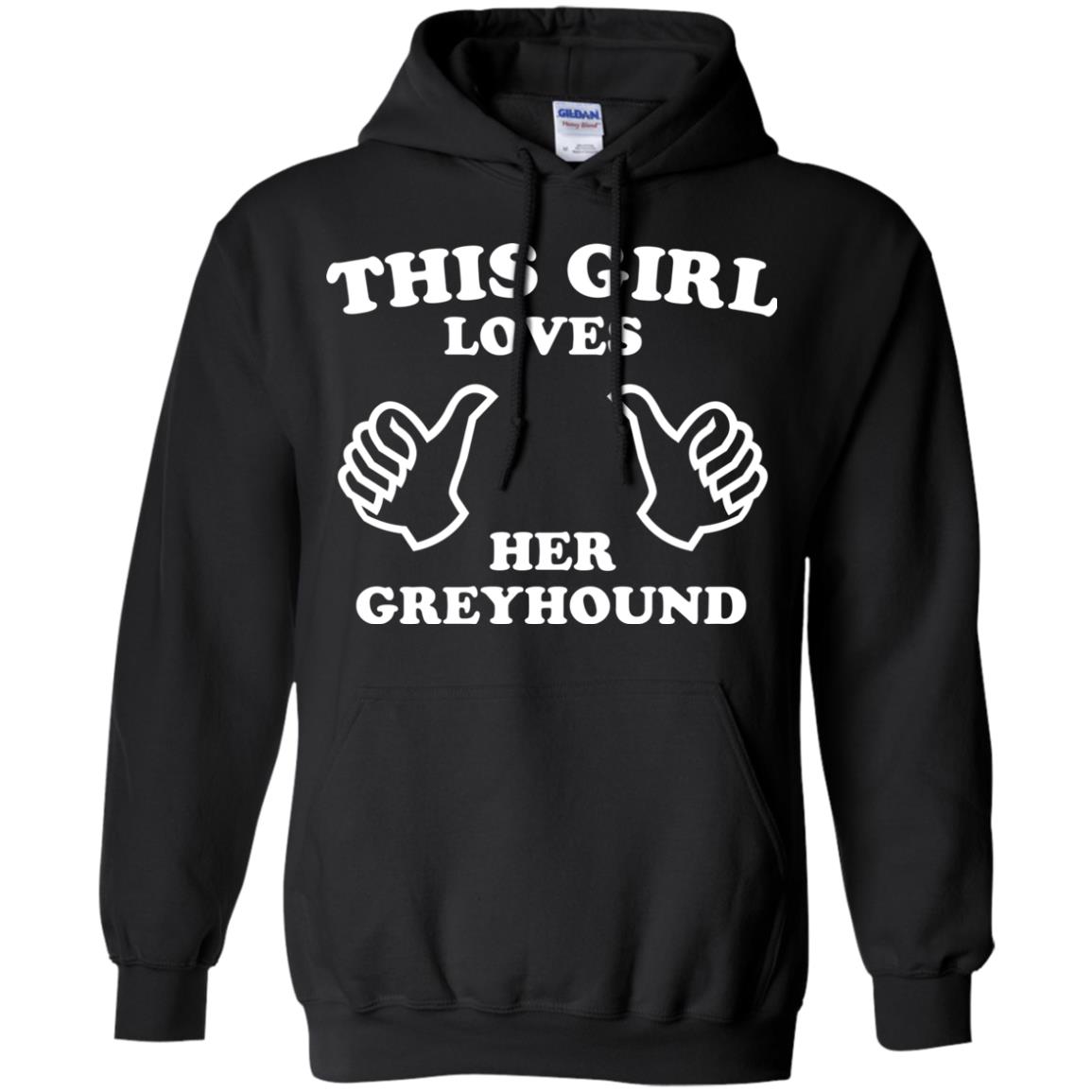
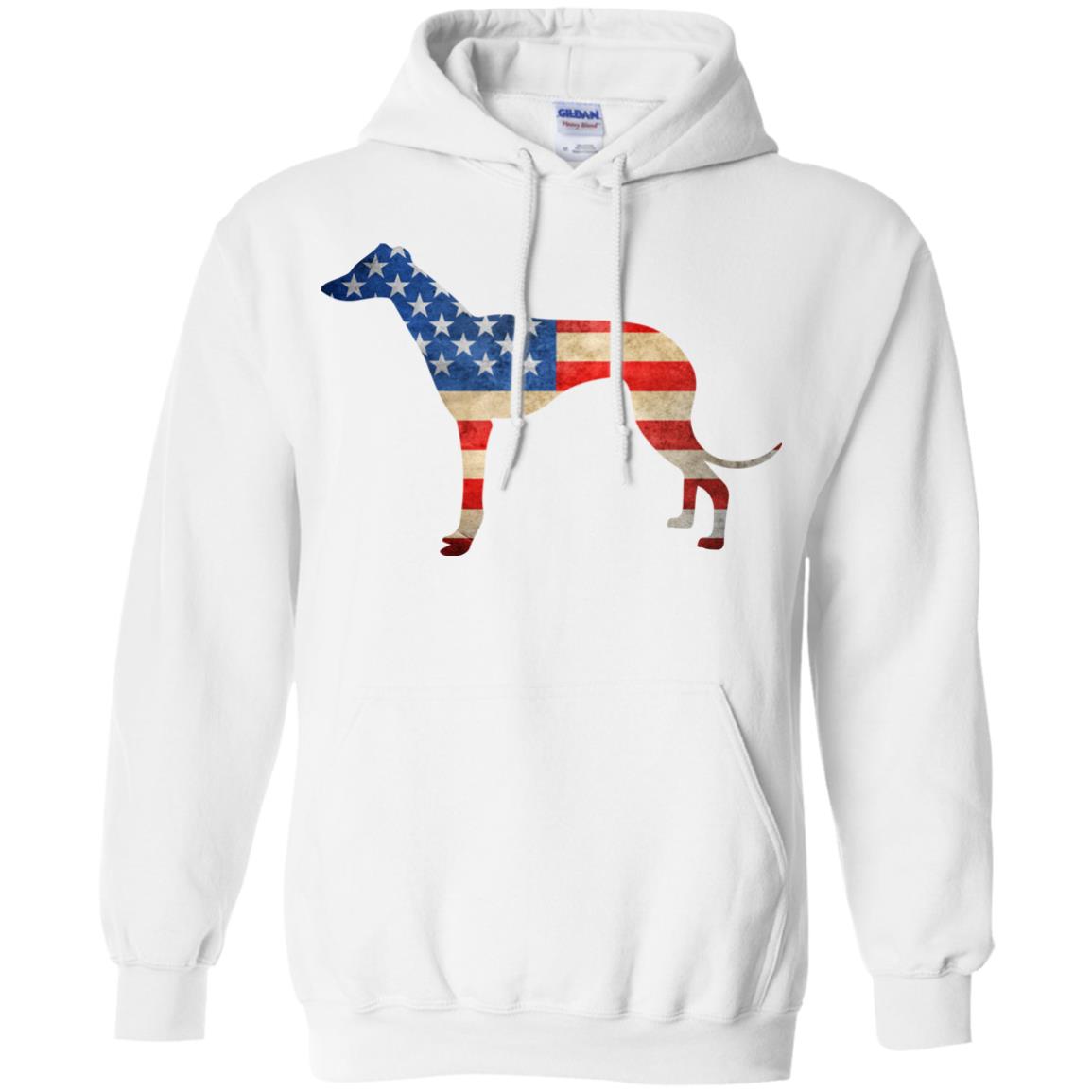
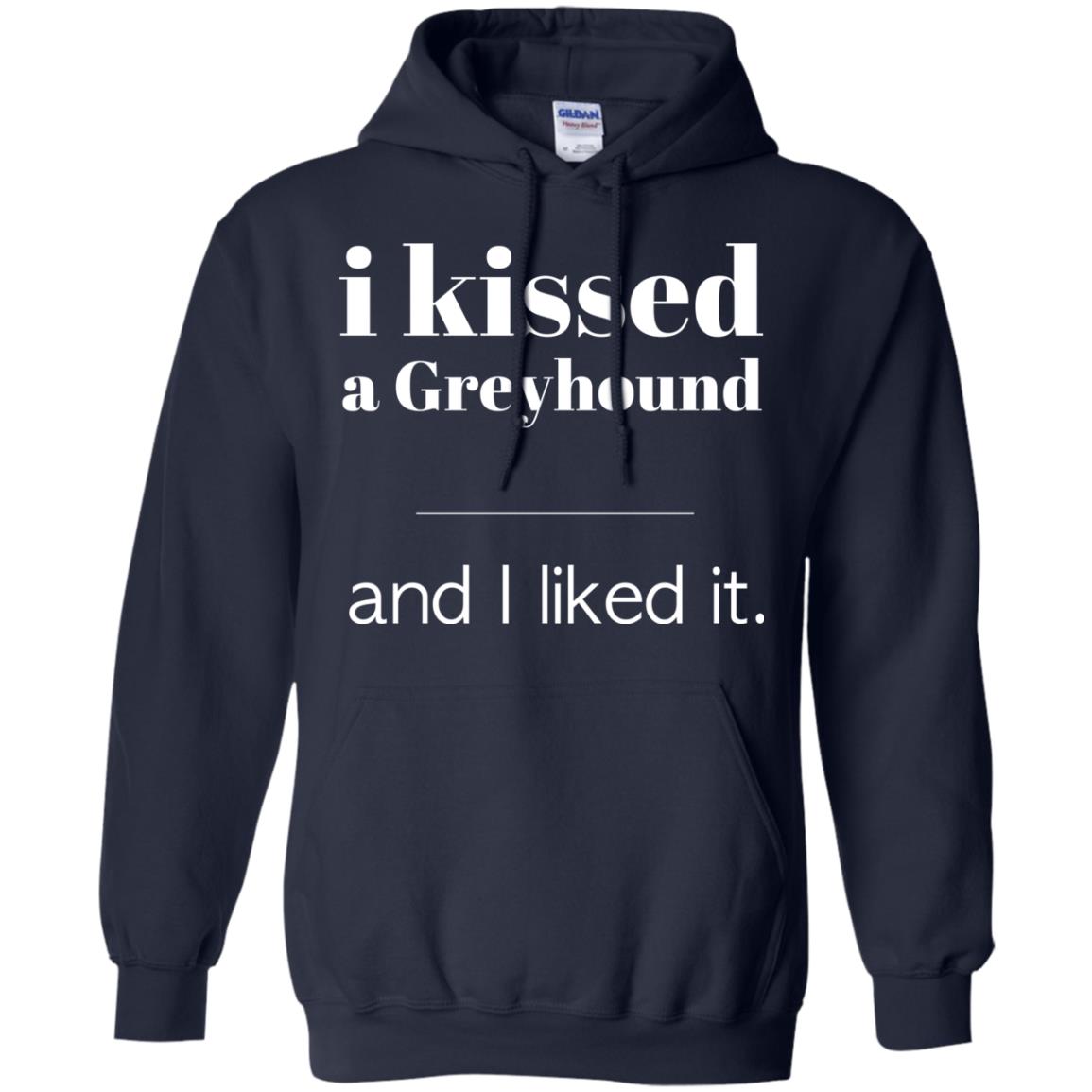
 Toledo, United States.
Toledo, United States.